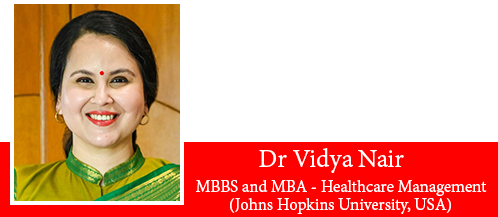Healthcare utilization disparity continues to have a wide gap across India. Many are still unaware of women’s health and its implications. Inadvertently or not, the health of entire families and communities are intertwined with the holistic health and well-being of women. The realm of Women’s health is often treated as simply reproductive health, when in reality it is not limited to it.
March 8th, marks International Women’s Day and it is a good time to reflect upon the health care needs that should be addressed when it comes to Cancer exclusive to women.
Knowledge is power and one can empower themselves by seeking answers to the right questions. Knowing if you should have a cancer screening test, when and how often you should have it, and at what age to stop having it can be confusing.
Questions to ask your doctor about cancer screening
Talking over the following questions with your doctor can help you understand the best cancer screening plan for you.
– Are any cancer screening tests recommended for me? Which ones?
– How often should I have the test? At what age should I stop having it?
– What is the purpose of the test?
– Does the test require preparation and how do I do that?
– What happens during the test?
– Are there risks to having the test?
– How long does it take to get test results?
– How will you tell me about the test results?
– What happens if the results are not normal?
A quick glance over women who need to prioritize Cancer Screening:
Who needs to screen for Breast Cancer?
– Women over 40 years of age
– On self examination you can feel a knot/ swelling
– Previous History of breast lumps
– Any surgery is done for any breast swelling
– Any type of nipple discharge
– A woman with a “high-risk” is someone who has a strong first degree relative with history of breast or ovarian cancer or family history of more than one relative on mother’s or father’s side of the family diagnosed with the same.
– Under 40 yrs if you are a high risk patient
Who needs to screen for Cervical Cancer?
– Women above 45 yrs
– Women with strong mother’s side family history of Cervical Cancer
– Yearly screening recommended
Who needs to screen for Ovarian Cancer?
– High Risk patient
– Complaints of Bloating
– Pelvic or abdominal pain
– Trouble eating and feeling full sooner than normal
– Urge to urinate often or urgently
Who needs to screen for Endometrial Cancer?
– Women who have never been pregnant have a higher risk than someone who has had at least one pregnancy
– Women after menopause with unexpected vaginal bleeding or spotting
Visit your Healthcare provider to get all your questions answered.















